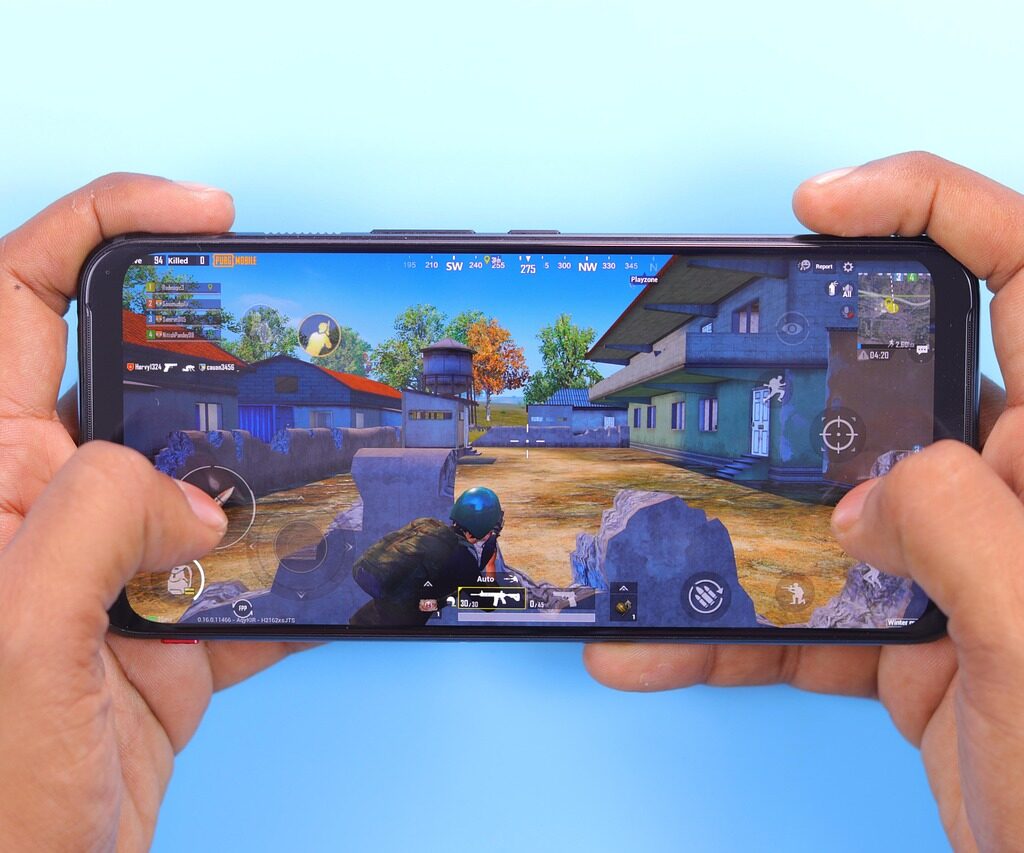Competitive gaming has grown from casual online matches to a serious global pursuit. One of the most enduring and tactical titles in this space is Counter-Strike: Global Offensive (CSGO). Known for its intense pace and razor-sharp decision-making, CSGO has earned a place among the top esports in the world. On the other side of the competitive spectrum is high-stakes poker, a long-established mind game where skill, patience, and nerve decide who comes out ahead.
These two games might look very different. One involves clicking heads with rifles, the other is about betting chips on hidden cards. But beneath the surface, they share more than you’d expect. Both demand sharp thinking, a calm mindset, and the ability to read not just situations, but people.
Risk and Gambling in Both Worlds
Poker is built around money. Every bet, raise, or call carries a financial risk. Players who reach high-stakes games are often managing thousands, sometimes millions of dollars across a tournament or cash session. Managing risk is part of the game, and reading the odds is just as crucial as reading an opponent.
Counter Strike: Global Offensive, while not a gambling game in the traditional sense, has developed its own risk economy. The trading and betting of in-game weapon skins, many of which are given huge values by players, have given rise to an entire subculture of wagers. On websites that offer CSGO gambling, players bet skins in games of chance or on the outcomes of professional matches. Skins can cost anywhere from a few dollars to thousands, and losing a bet can mean losing a highly valuable inventory.
The risks are real. These platforms introduce financial decision-making into what is otherwise a tactical shooter. Whether it’s pushing all-in with a pair of nines or betting a $400 AK-47 skin on a tournament match, the thrill and danger of losing something valuable is present in both spaces.
Smart Decisions Under Pressure
At the heart of both CSGO and poker is the need to make quick and informed decisions under stress. In CSGO, a team’s success depends on positioning, timing, and communication. Do you hold the angle or rotate to the other side? Is it time to push or to bait a reaction? Even a half-second hesitation can cost the round.
In poker, players also weigh risk with each decision. Whether calling a big bet with a mediocre hand or bluffing on a weak draw, judgment is everything. You often make these calls without knowing exactly what your opponent is holding, just as a CSGO player doesn’t always know if someone is waiting around the corner.
Both games reward long-term thinking. It’s not about one perfect play; it’s about making better decisions more often than your opponent. Over time, that edge becomes decisive.
Psychological Warfare
Poker is often called a game of people, not cards. Reading behavior, timing, and reactions are as important as knowing the odds. A good bluff can win a pot with nothing. A mistimed raise can give away the strength of your hand. The mental side of the game is relentless.
CSGO doesn’t involve staring across a table, but players still rely heavily on reading and misreading. A fake bomb plant, a rotation that baits defenders to the wrong site, or a delayed push through smoke can all be psychological plays. Good teams use misdirection to create space, just like poker players use storytelling with their bets. In both cases, you’re often playing against expectations. Getting inside your opponent’s head and forcing errors can be more powerful than having the best cards or aim.
Fame, Money, and Professionalism
Professional poker has produced stars who are household names within the community. These players travel the world for tournaments, build personal brands, and compete for millions. Television shows, live streams, and sponsorship deals have made poker a legitimate professional path for some.
CSGO has done the same in a different format. Top teams fly around the globe to compete in massive events. Tournaments like the PGL Major and ESL Pro League draw huge online audiences and packed arenas. Players like s1mple and ZywOo have large followings, signing deals with big esports organizations and sponsors.
Both paths demand a full-time commitment. Practice, study, and a constant effort to improve are non-negotiable. With gaming, like it is with any pursuit, success doesn’t come from talent alone, it’s built on hours of watching replays, studying data, and learning from losses.
There are also coaches, analysts, and support staff in both spaces now. The image of poker as a solo pursuit and esports as a teenager’s hobby is long outdated. These are team efforts built on preparation and trust.
Communities and Culture
Poker and CSGO both have dedicated communities that shape the way the games are played and talked about. Forums, YouTube channels, Twitch streams, and social media pages are filled with strategy breakdowns, match commentary, and analysis. Players and fans alike share hands and clips, dissect decisions, and argue about outcomes.
This kind of shared learning builds a culture where improvement is celebrated. A well-played eco round or a perfectly executed bluff can become moments that are talked about for years to come. These games thrive not just on what happens in the moment, but also on how it’s remembered and interpreted afterward.
Conclusion
CSGO and poker might belong to different generations, with different tools, communities, and gameplay, but the mindset required to succeed is nearly the same. You need more than skill. You need patience, preparation, nerve, and the ability to manage uncertainty.
A CSGO pro and a poker grinder both spend most of their time doing one thing: making the best possible decision with incomplete information, under pressure, while someone else tries to stop them. That’s not a coincidence. That’s what competition looks like at the highest level.
Both games offer something rare. They reward the smart, the steady, and the brave. And no matter which table you sit at, or which bombsite you defend, that challenge keeps players coming back.



